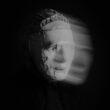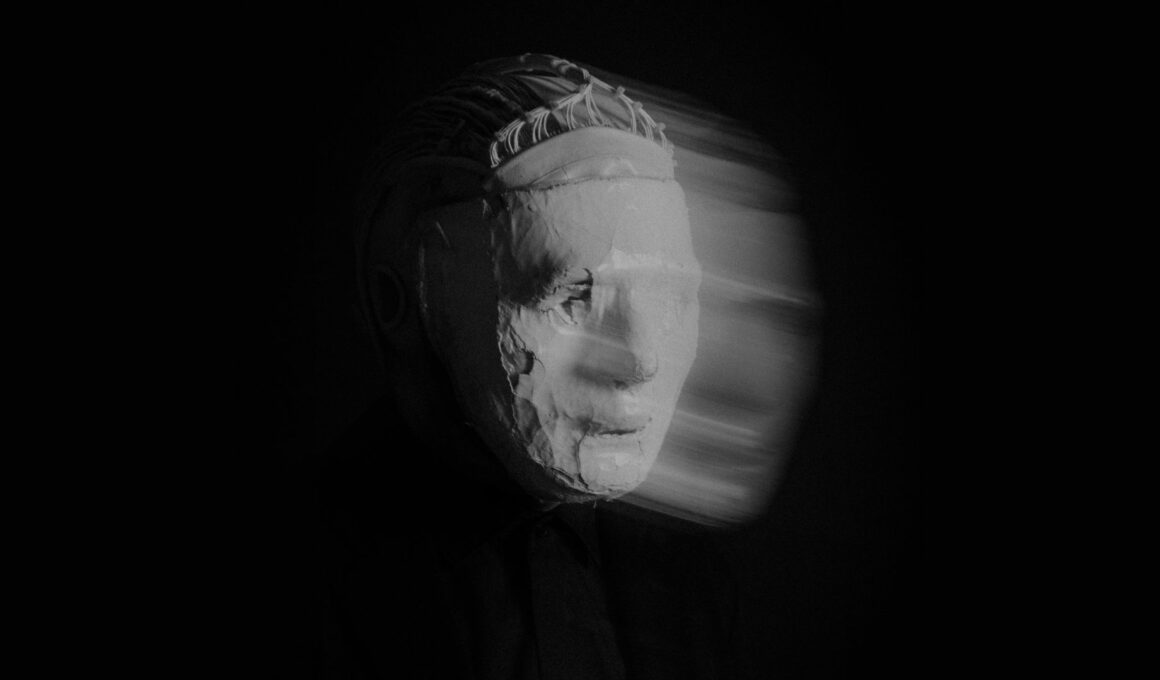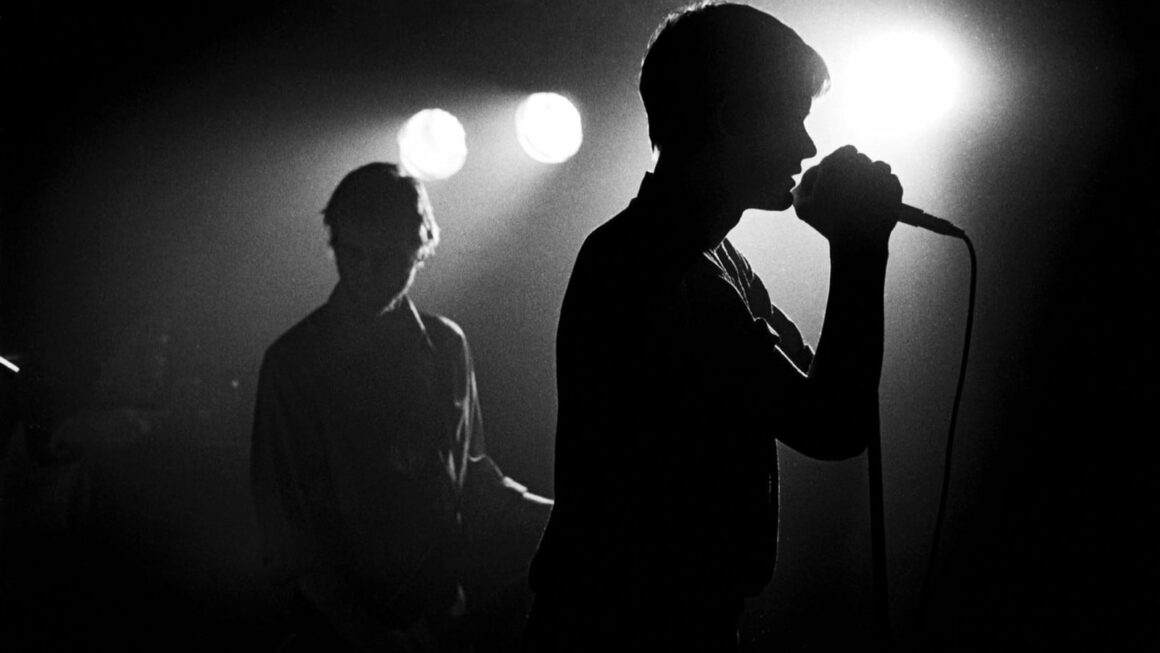
Miese Mau Presents His Captivating Fusion Of 80s Nostalgia & Indie On New Album Blumenstrauss
On his latest record, the German artist takes us on a sonic trip through the shadows of emotion and self-awareness.
On first impression, Blumenstrauss by Miese Mau is not necessarily a direct revival of the 80s. Sure, the album has many elements that directly owe their inception to the era. From the soft synths and distinctive drum sounds that recall the decade, it’s obvious where the soloist has taken some of his inspiration. However, there is also a heft dose of indie and experimental pop within the album.
Conceptually, Blumenstrauss was created with a sense of irony to better get at the complex emotions of getting lost in one’s own spiraling thoughts. The title of the album means “Bouquet of Flowers” in the singer’s native German, which it is sung entirely in. However, conceptually, the title is definitely not literal in any way – and if anything, it’s sarcastic. There is a sense of wistfulness and futility in the vocals, and Miese Mau describes the concept behind them as focusing on the exhaustion that comes from getting lost in sadness. However, with its gentle indie riffs and addictive drumbeats, the album provides a comforting light for listeners’ darkest moments and proves human and relatable with the subtle contrast between its title and themes.
For those who aren’t native speakers, musically Blumenstrauss still has loads to immerse yourself in. It’s here that it differs from its otherwise strict New Wave and Synthwave inspirations. There are echos of softer and more somber bands, but ultimately, Miese Mau has taken the very best of the era and combined it with modern developments in alternative music so the sound is softer and rawer.
Blumenstrauss was mixed by Max Rieger and mastered by Alex Cowan, who goes under the name DJ Kirby, and the mix of different musicians has proven to be a match made in heaven. Blumenstrauss is the perfect level of bittersweet. For moments when only music can lift you out of a hole, it’s albums like this that use laid-back emotions and layers of self-awareness to hit the perfect spot.
The arrangement process of Blumenstrauss combines guitars, synths, and drums to hover somewhere in between indie and synthpop. Shaking things up is the last track “Erde”, where, at the album’s most experimental, soft synths somehow manage to sound almost jazzy. In contrast are earlier tracks like “123”, which kicks off the album with a delicious blend of guitar. Later moments in final single “Keine Tränen” and “Kalte Hande” ft. Bishkek – the latter also featuring bilingual lyrics in Russian – continue to play with mixing and matching influences.
The track “Erde” also features a music video, featuring black and white cinematography, cryptic shots of mirrors, and handpainted masks. Combined with the concepts behind the album, it’s an interesting choice, hinting at emotional honesty, self-awareness, and exploring the depths of feelings. Likewise, the final cover of the album is worth noting in itself. Indeed, it’s a great example of the slightly ironic approach that Miese Mau has taken. Featuring a hand holding a bouquet of flowers above some water, the idea of drowning in feeling is not hard to imagine and the stark contrast of the flowers adds a level of cynical self-awareness.
What’s also very fresh is that it doesn’t overuse the metaphor, neither does it pack the tracks too full of anything. Musically, every single part is candid and heartfelt, but there still remains the underlying darkness that has informed the evolution of the album. It’s interesting to see where Miese Mau will go next after this because Blumenstrauss is very well developed. With a sophisticated self-awareness to it both conceptually and musically, it breaks cliches in production, arrangement, composition, and the wider approach to guitar music, and synthpop
Overall, Blumenstrauss is one of those happy albums that sits between genres. What’s more unique is that it does this without trying. It experiments yet also stays close enough to emotional conventions, making it personal, heartfelt, and relatable yet with a novel subtlety in its approach. The different sources of input that have come in during its production process all mingle together to make something understated and special. It’s obvious that Miese Mau has created it both with care and a smart, self-aware attitude and overall it feels like it will still stand out as the years go by.
Listen now
Miese Mau (DE)

Featured Image by Dominik Friess









